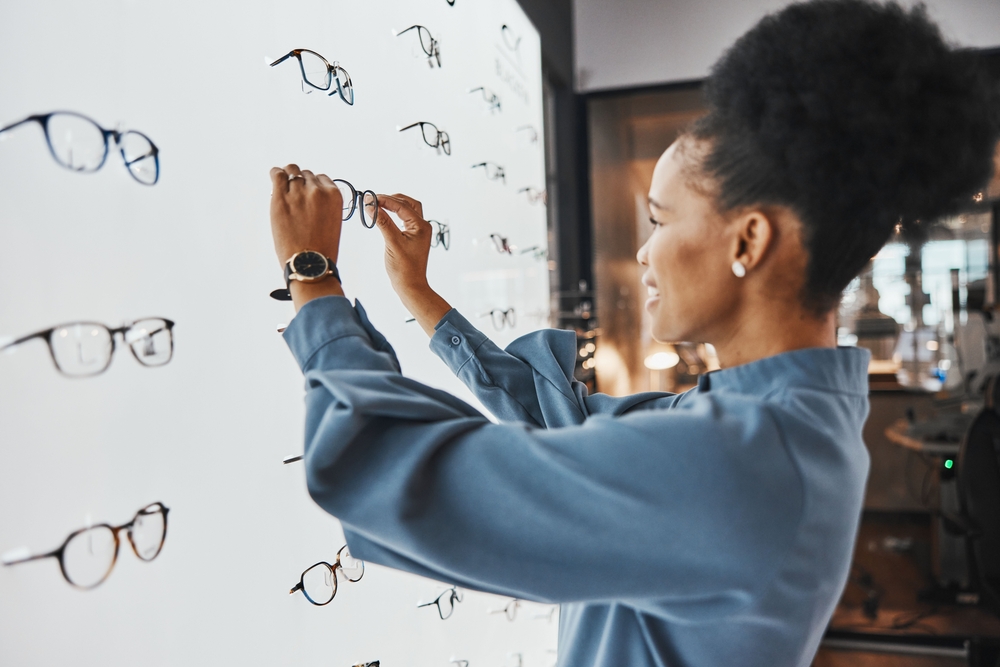
Neurolens vision correction is a treatment that helps to address various vision-related issues. Some of these issues include headaches and eye strain. Eye doctors prescribe the lenses to treat binocular vision dysfunction and other issues.
Unlike regular correction options, neurolenses focus on eye alignment and coordination. They help to provide relief and improve overall visual health. Find out what neurolenses can help treat.
How Neurolenses Work
The neurolens system uses a specialized prism design to relieve eye strain. The prism guides the eyes into a natural and aligned position, which reduces the effort to focus. It helps to reduce strain on the visual system.
Eye specialists customize the prism after a comprehensive eye exam and an assessment of the specific visual needs. The exam involves tests and measurements to determine the degree of misalignment. The result is neurolenses tailored to the individual requirements with the appropriate prism correction.
When to Use Neurolenses
Neurolens lenses help to provide relief from vision-related symptoms. They are effective for treating various issues. Some of these issues include eye strain and fatigue from prolonged digital use. These lenses are also useful in managing tension headaches and migraines.
You may experience neck and shoulder pain and blurry or double vision caused by eye misalignment. Your eye doctor may recommend neurolenses to ease the symptoms.
Conditions Neurolenses Help Treat
Neurolenses help to address trigeminal dysphoria. This is a condition where misaligned eyes cause eye strain and other symptoms. The lenses can help to treat various conditions, including:
· Binocular Vision Dysfunction (BVD). This is a condition that occurs when the eyes are not properly coordinated.
· Strabismus or eye misalignment. The condition can lead to various visual and functional issues. Neurolenses help to improve visual clarity.
· Accommodative dysfunction. It occurs when the eyes have difficulty adjusting focus. This causes eye strain and other symptoms.
· Convergence insufficiency. It is caused by the eyes’ inability to work together to focus correctly on near objects.
· Post-concussion vision syndrome. Suffering traumatic brain injury or a concussion may lead to vision-related issues. These issues include headaches and eye strain.
Custom-made Neurolens Solution
Technicians use precise measurements to create neurolenses. They use a specialized neurolens Measurement Device (nMD) to measure the degree of misalignment at close and far distances. The measurements create customized lenses, providing a unique management solution.
The groundbreaking solution addresses the underlying cause of various vision issues. The innovative technology can revolutionize how people care for their eyes.
Benefits of Neurolenses
There are several benefits of using these lenses for vision care. They include:
· They help to realign the eyes, reducing eye strain and fatigue.
· They address underlying issues, providing relief for headaches and migraines.
· They can help to reduce muscle strain and tension, improving posture and comfort.
· They can improve visual stability, which reduces balance issues and enhances coordination.
· They help to restore focused and clear vision. These enhance the ability to work effectively.
Neurolenses offer an effective, customized solution tailored to an individual’s visual needs. They can help to enhance the user’s quality of life. If you experience eye strain, frequent headaches, and blurry vision, these lenses may be right for you.
Your optometrist can examine your eyes to determine whether you need these lenses.
For more information on what neurolenses can help treat, visit Cortez Vision Eye Clinic. Our office is in Cortez, Colorado. Call (970) 565-2020 to book an appointment today.










